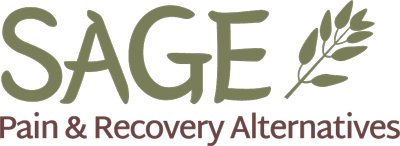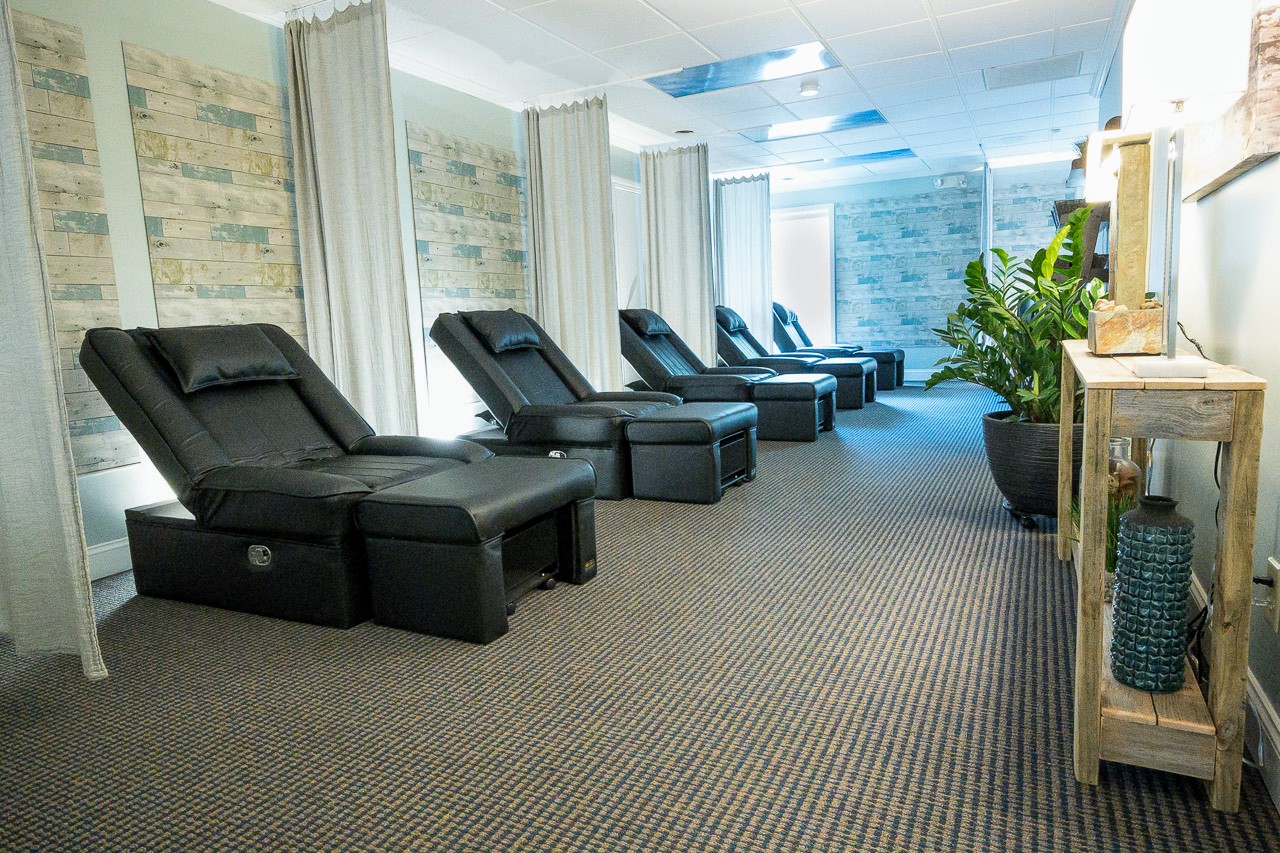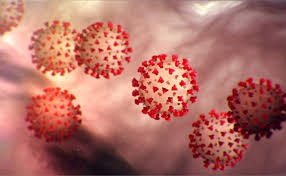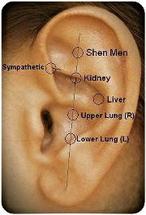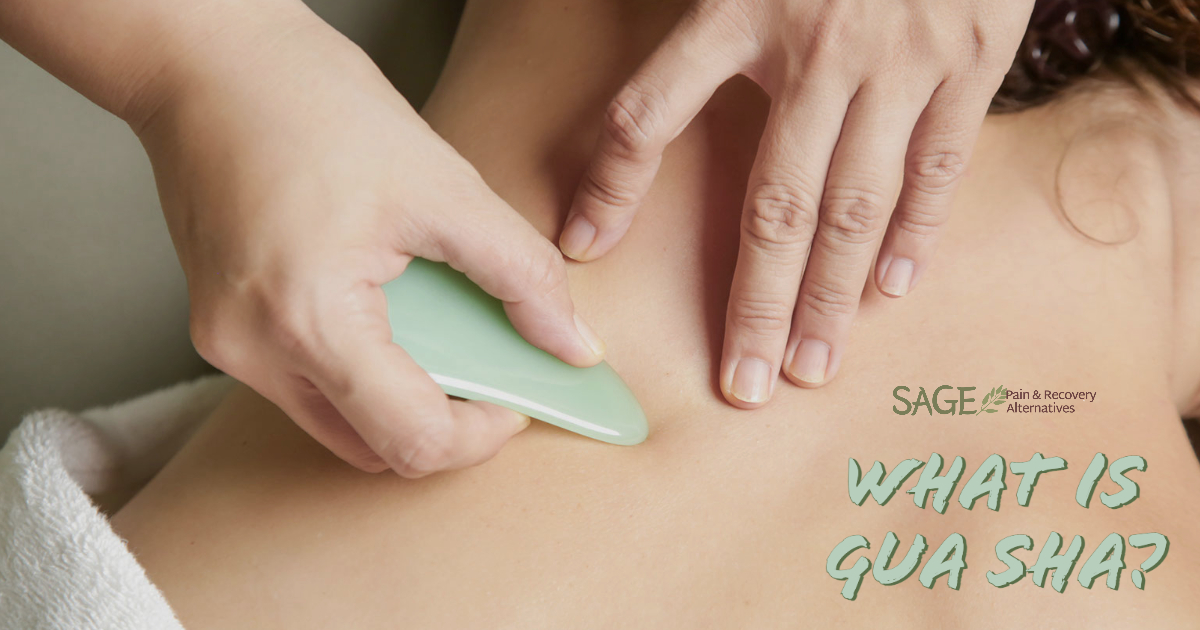 The Opioid Crisis and the NADA Protocol
The Opioid Crisis and the NADA Protocol
The opioid crisis in the United States has gotten significant media attention in the last few months. The Federal Government has also taken notice. The CDC has developed guidelines for prescribing opiates, and the Commissioner of the FDA has indicated that reducing the scope of the epidemic of opioid addiction is his highest priority. [1]
Many victims are initially prescribed legal pain killers but turn to cheaper street drugs when then their prescriptions expire. Heroin overdoses have stricken poor and wealthy families alike. According to BBC reports, the number of deaths due to the drugs, which are prescribed to a third of the American population, has quadrupled in 20 years.
The Joint Acupuncture Opioid Task Force, Acupuncture Now Foundation, and the American Society of Acupuncturists agree that acupuncture has the potential ” to reduce or even in some cases eliminate the need for opioids and non-opioid drugs while also helping to treat opioid addiction.” [2] One proven method for alleviating the suffering of addicts and supporting recovery is an acupuncture technique referred to as the NADA protocol. NADA, which stands for National Acupuncture Detoxification Association, is used by more than 1000 treatment programs in Canada and the United States.[3] The protocol is effective for many types of addictions including opiates, alcohol, marijuana, and tobacco. Treatment programs using NADA notice a significant decrease in recidivism. The drug-free protocol has few complications, prevents relapse, and supports long-term recovery.
NADA is virtually painless. It involves placing five small disposable needles at specific points on the outer ear. The treatments must be administered frequently for 30 to 50 minutes at a time. It is usually administered in a group setting and accompanied by therapeutic support. Patients receiving NADA treatments report reduced cravings, less tension and anxiety, and increased motivation.
If you or someone you love is suffering from an addiction, ask your treatment providers about NADA, or call your local acupuncturist.
[1] https://blogs.fda.gov/fdavoice/index.php/2017/05/fda-commissioner-asks-staff-for-more-forceful-steps-to-stem-the-opioid-crisis/
[2] https://www.forbes.com/sites/toriutley/2016/06/24/the-role-of-acupuncture-in-the-midst-of-the-opioid-crisis/
[3] Acupuncture Detoxification Specialist Training Manual, A handbook for individuals training in the National Acupuncture Detoxification Association’s Five Needle Acudetox Protocol. National Acupuncture Detoxification Association 2008.
View our services for addiction and other issues…

